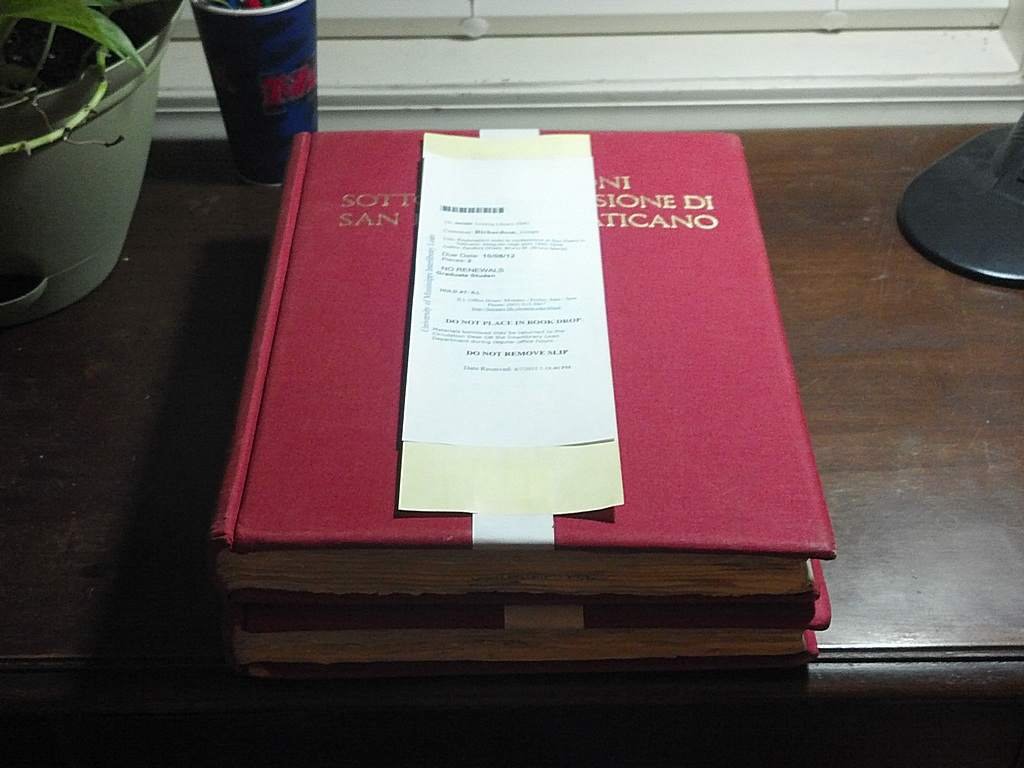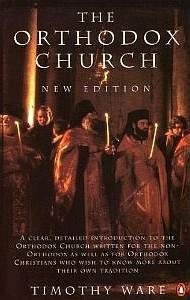
Finally, brethren, whatsoever things are true, whatsoever things are honest, whatsoever things are just, whatsoever things are pure, whatsoever things are lovely, whatsoever things are of good report; if there be any virtue, and if there be any praise, think on these things.
—Philippians 4:8
I’m having a pretty good day. So I thought I would share a few good things that are going on now.
-
Part of my penance this week is to devote a considerable length of time to spiritual study — a burden on my time but a joy to my soul. And so, in addition to my studies of the daily readings and working my way through the Old Testament, I thought it would be a good time to dust off my Hebrew book, a study that would be of great benefit to my understanding of Scripture. I started working through the book (Simon, Reznikoff, and Motzkin’s The First Hebrew Primer) right before I began grad school, and got through the first few chapters — enough to know the alphabet — before the grad school monster clobbered me. I am reviewing now and planning to advance further, and I’m glad to find that I still have the basic skills I attained before (reading and writing right to left, understanding and writing the alphabet). It’s mentally exhausting, but exciting!
-
Just for the heck of it, I refreshed my memory of the Roman calendar, to date the headings of my Hebrew notebook (it was originally a Latin notebook). Hodie est dies Martis, ante diem XIX Kalendis Septembris, anno Domini MMXII, sive MMDCCLXV ab urbe condita. I should probably pick up the Hebrew calendar now, too.
-
Speaking of Latin: this is a pretty wonderful find on Google Books: A Copious and Critical English-Latin Lexicon (1849), by the Reverends Riddle and Arnold. Ah, I love free, old books, especially when they are as rich a trove as this.
-
Speaking of Rome: I received on interlibrary loan two massive red tomes — not from Rome, from Emory University; but originally from Rome: Esplorazioni sotto la Confessione di San Pietro in Vaticano (1951) — the official report of the excavations under St. Peter’s Basilica in the Vatican uncovering the tomb of St. Peter. This is it. Contained herein are a wealth of technical descriptions, diagrams, and photographs: this is the primary source on which all the books I’ve read so far are based. One challenge: it’s in Italian. But that will only add to the adventure of exploring the scavi in greater depth and unlocking their mysteries.
(My desk is never really this neat. I shuffled off the contents just to take these pictures.)
Below are a few quick snapshots from the books. I hope to be able to share some more highlights in the weeks to come.



-
Do you like the paintings I post on here? WikiPaintings.org has fast become one of my favorite websites ever. The wiki’s goal is nothing less than to collect and catalog high-resolution images of the works of all the masters; to tag them and document them and share them. I post images from it almost daily. Whoever uploaded the great collection of Bartolomé Esteban Murillo is singularly responsible for bringing him, in the course of a few months, from being unknown to me to being one of my favorite painters ever.
-
I’m reading a wonderful book on the Orthodox Church, The Orthodox Church by Metropolitan Timothy (Kallistos) Ware. I am not very far in (past the Seven Councils), but he is delightfully snooty toward the Roman Catholic Church and toward the non-Chalcedonian Orthodox, who don’t count.

All right. There are many other great things to share, but I will save some for tomorrow! Other things to do.


Watch this: http://www.youtube.com/watch?v=IjHGtCHyBrU
Now read the book with that aristocratic accent.
Splendid that there is good news!
Two little things about ++Kallistos. The first is that the more traditional Orthodox do not like later editions of the book because they think it too ecumenical ( check it out!). The second is from a man I know who knows him. he used. To have a very English accent,as he is English, but the older he had got the more his accent has taken on a foreign tinge. Apparently on hearing him talk this way on the phone, his mother says: ‘Timmy, why are you speaking in that strange voice?’
Yay Hebrew! Much to my surprise, I didn’t care at all for Greek in seminary, but I loved my Hebrew class. Such a fascinating language!